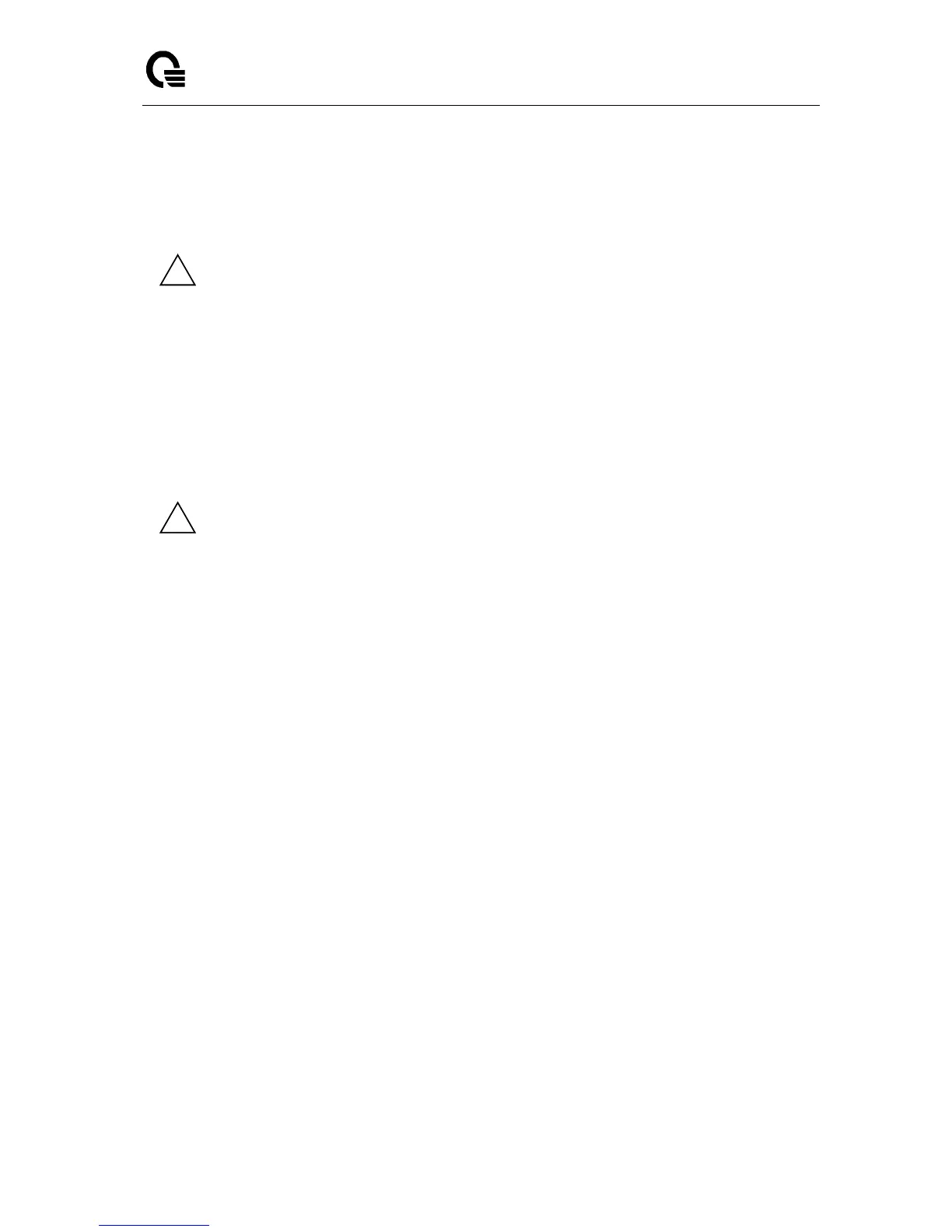This chapter contains the CLI commands used for the QOS Differentiated Services (DiffServ) package.
The user configures DiffServ in several stages by specifying:
1. Class
creating and deleting classes
defining match criteria for a class
2. Policy
creating and deleting policies
associating classes with a policy
defining policy statements for a policy/class combination
3. Service
adding and removing a policy to/from a directional (that is, inbound, outbound) interface
Packets are filtered and processed based on defined criteria. The filtering criteria are defined by a class.
The processing is defined by a policy's attributes. Policy attributes may be defined on a per class
instance basis, and it is these attributes that are applied when a match occurs.
Packet processing begins by testing the match criteria for a packet. A policy is applied to a packet when
a class match within that policy is found.
Note that the type of class - all, any, or acl - has a bearing on the validity of match criteria specified when
defining the class. A class type of 'any' processes its match rules in an ordered sequence; additional
rules specified for such a class simply extend this list. A class type of ‘acl’ obtains its rule list by
interpreting each ACL rule definition at the time the Diffserv class is created. Differences arise when
specifying match criteria for a class type 'all', since only one value for each non-excluded match field is
allowed within a class definition. If a field is already specified for a class, all subsequent attempts to
specify the same field fail, including the cases where a field can be specified multiple ways through
alternative formats. The exception to this is when the 'exclude' option is specified, in which case this
restriction does not apply to the excluded fields.
